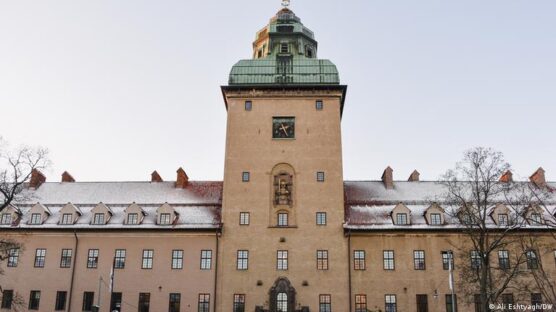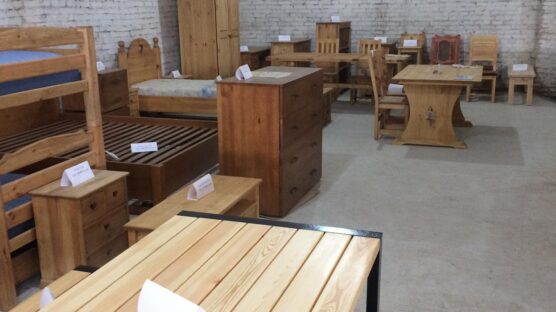Paris’s Louvre Museum extends shutdown over coronavirus fears
By France24
03 March 2020 |
6:57 am
The world's most visited museum remains shut for a second day as Louvre staff worry about potential infections. It's the latest blow to France's tourism industry due to the coronavirus outbreak as Italy suffers a similar impact in its northern hubs of Venice and Milan. The disease - now spreading to 60 countries - has severely hampered China's manufacturing activity, with the sharpest contraction ever in February, which is having a knock-on effect throughout the region. Meanwhile, stock markets rebound f
In this article
Related
Related
17 Apr
British actor Idris Elba on Tuesday joined the cast and crew of upcoming Sonic the Hedgehog spin-off series “Knuckles” at its world premiere in London.
20 Apr
We look at reactions as Indians prepare to vote in mammoth elections. Prime Minister Narendra Modi is hailed for having elevated India to the international stage, but criticised for curbing the rights of minorities.
23 Apr
Austrian police have arrested two young couples from Bavaria after they visited the birthplace of Adolf Hitler. Officers took action when they saw a woman in the group performing a Nazi salute.
23 Apr
A museum in Nigeria is attracting visitors with decoration and works of art made from upcycled materials. The museum wants to encourage recycling to protect the environment and teach young people how to live more sustainably.
1 hour ago
Every year, spear hunters kill hundreds of pilot whales on the Faroe Islands. Why do the residents of the island cling to this tradition?
1 hour ago
In this Science segment, we look at how AI is attempting to complete unfinished or lost works by great artists like Klimt but also Beethoven, Schubert and Rembrandt. Scientists use all the information they can to train algorithms called "neural networks" to imitate the style of the artist or musician and guess the logical sequences. FRANCE 24's Julia Sieger tells us more.
Latest
2 mins ago
India has kicked off its marathon elections, with nearly a billion people eligible to cast ballots. High on voters' minds will be issues relating to the country's economy.
2 mins ago
The decision to call for a retrial from the New York appeals court has prompted varying reactions, with many dismayed that survivors will have to testify once more.
2 mins ago
Global demand for cashew nuts is exploding. Around the world, they're eaten as snacks, dairy replacements or used in cooking. In response, Kenya has been trying to revitalise the sector in the coastal region of Kilifi that once fed thousands. But in some factories, women face dangerous working conditions.
3 hours ago
German prosecutors have filed charges against seven suspected Islamist terrorists. The men, who were arrested in July 2023, are suspected of having links to the so-called Islamic State.
3 hours ago
Sweden has put on trial the highest-ranking Syrian military official to date to face a court in Europe. The prosecution accused the former brigadier general of "aiding and abetting" war crimes.
3 hours ago
Signatories of an open letter have called for an independent investigation into furniture produced in Belarusian jails and exported to the EU. They claim the Forest Stewardship Council shut its eyes to forced labor.
×

Get the latest news delivered straight to your inbox every day of the week. Stay informed with the Guardian’s leading coverage of Nigerian and world news, business, technology and sports.


















0 Comments
We will review and take appropriate action.